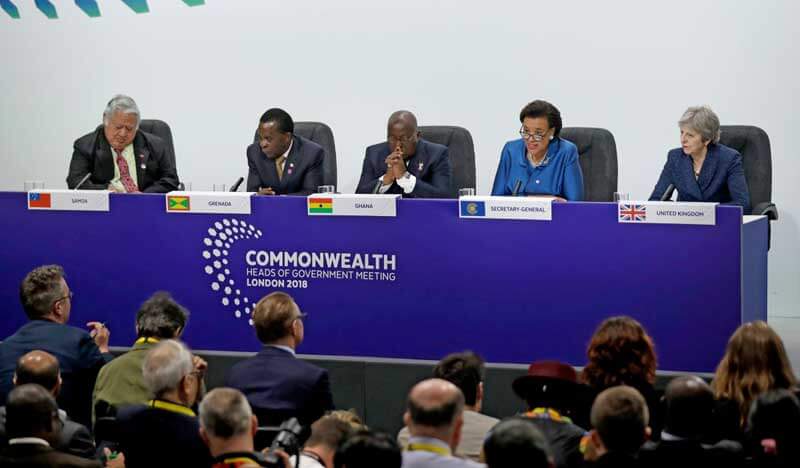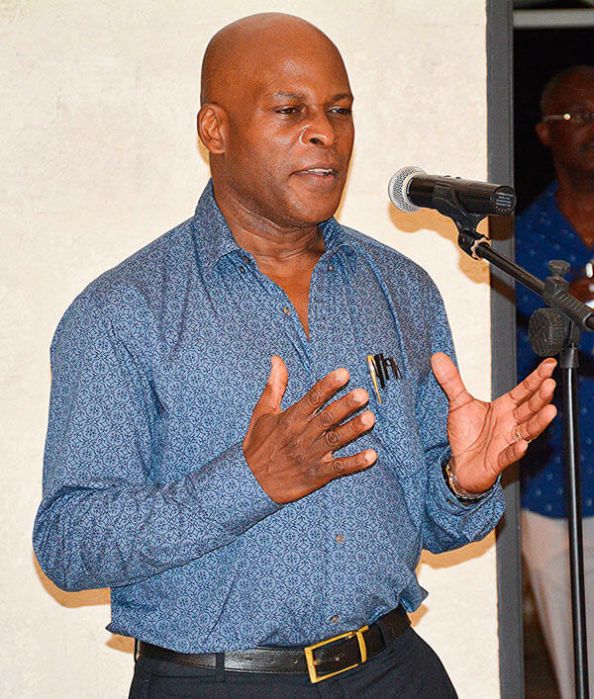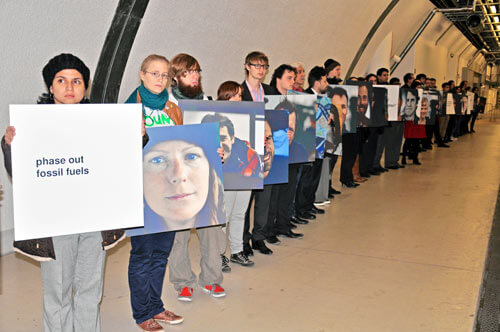Barbados
An Inter-American Bank (IDB) report is predicting that Barbados will capitulate to an International Monetary Fund (IMF) program after the country’s next general election constitutionally due by June this year.
The IDB Office of Evaluation and Oversight (OVE) offered the prognosis for the country in the “Outlook” of its Approach Paper Barbados 2014-2018 Country Program Evaluation (CPE) which was recently released.
Barbados foreign reserves are fast being depleted while the government continues high discretionary spending, borrowing billions to so do.
The report said the outlook is for continued fiscal consolidation amid weak growth. It said Barbados’ growth is projected to remain slow. In January 2018, the Cabinet approved the Barbados Sustainable Recovery Plan, aiming to increase foreign exchange earnings by improving the formal processes and procedures for foreign direct investment and domestic investment.
“Most analysts are predicting that after the upcoming election, the government will negotiate a program with the IMF to address the debt and international reserve challenges,” the IDB said.
Grenada
Five police officers in Grenada have been jointly charged with manslaughter after they were accused of beating a Grenadian-born Canadian citizen to death on Dec. 26, 2011.
The manslaughter charge against police officers — Edward Gibson, Kenton Hazzard, Rudy Felix, Shaun Garness and Wendell Sylvester — were ordered by Director of Public Prosecution (DPP) Christopher Nelson.
The case management has been set for next Friday in preparation for trial. The matter is likely to be heard at a future sitting of the High Court in St. George’s.
Suriname
The Islamic Development (IsDB) will soon open a regional office in Suriname. This has resulted from a working relationship between the finance ministers of Suriname, Gillmore Hoefdraad and his Guyanese counterparty, Winston Jordon.
Jordon said the office will have operational oversight for Suriname, Guyana and the extended Caribbean Community (CARICOM) and the Latin American region.
He said this major development will foster stronger ties between the bank and CARICOM. which will see quicker approval and executions of projects in Guyana and Suriname.
It will result in these countries taking advantage of the many products offered by the bank and especially the development of the private sectors in both countries.
It will also support technology transfer and capacity building in Guyana and Suriname, which has experienced a brain drain.
The office will also raise the international profile of CARICOM and, in addition to the IMF, World Bank, Caribbean Development Bank, and the inter-American Development Bank, the IsDB will offer the region favorable concessionary loans, grants and needed technology.
St. Kitts
St. Kitts and Nevis Prime Minister, Dr. Timothy Harris, recently visited Dubai to discuss the new investment opportunities available for Middle Eastern investors looking to gain second citizenship.
The St. Kitts and Nevis Citizenship By Investment Program enables applicants to gain second citizenship by investing in the country’s economy. The program is said to be the world’s oldest offering of economic citizenship.
Harris recently announced a new mode of investment for the citizenship program — the Sustainable Growth Fund — offering investors a stable and secure method to achieve a second nationality, while ensuring the nation continues its strong development.
The prime minister met with several key stakeholders on his visit to introduce the Sustainable Growth Fund, as well as provide more information on the recent changes made to the real estate investment option for the citizenship by investment program.
Dr. Harris was later joined in his trip by CEO of St. Kitts and Nevis Citizenship by Investment Unit, Les Khan.
St. Vincent
More than 120 farmers and farm workers recently turned up at the Sans Souci Learning Resource Center in St. Vincent and the Grenadines (SVG) for a four-day training workshop in developing and marketing of marijuana by-products.
The workshop hosted by Acres Agri, a company specializing in the development of cannabis by-products was geared towards training Vincentian farmers who are interested in growing marijuana for medicinal purposes, by giving them the specialized tools that the medicinal marijuana industry demands.
Minister with the responsibility for Agriculture and Labor, Sobato Caesar, told the participants at the opening of the workshop that the discussion was not about smoking marijuana, but how they can create employment through the medicinal marijuana industry.
He said the Acres Agri is one of many companies interest in doing business in SVG, but not only must there be the appropriate legislation, the farmers and farm workers must be trained to carry out the best practices possible under expert guidance towards ensuring that the correct yield is obtained.
The minister noted that there are many job opportunities in the industry and it is expected that legislation should be tabled in Parliament in June this year.
Trinidad
More than 2,000 Venezuelans have applied for asylum in Trinidad and Tobago because of the ongoing economic crisis in their country.
They are fleeing the country because of a severe shortage of food, medicine, violent crime and unemployment.
This was disclosed by acting Chief Immigration Officer Charmaine Gandhi-Andrews, who said the numbers are increasing.
She was at the time being interviewed by a Joint Select Committee of Parliament on Human Rights Equality and Diversity recently.
Ghandi-Andrews said Venezuelans have been coming to Trinidad and Tobago in droves as a result of their country’s current situation.
On a weekly basis, she said, between 150 to 200 Venezuelans come to Trinidad and Tobago by boat from the neighboring South American country.
The acting chief immigration officer noted that most of them come with no travel documents, making it difficult to identify them, adding that 37 males and 30 females Venezuelan detainees are housed at the Immigration Detention Center in East Trinidad.
She said between 2014 and 2016, approximately 60,000 Venezuelans came to Trinidad and Tobago but there was a decline in the numbers in 2015.
— Compiled by Azad Ali



























